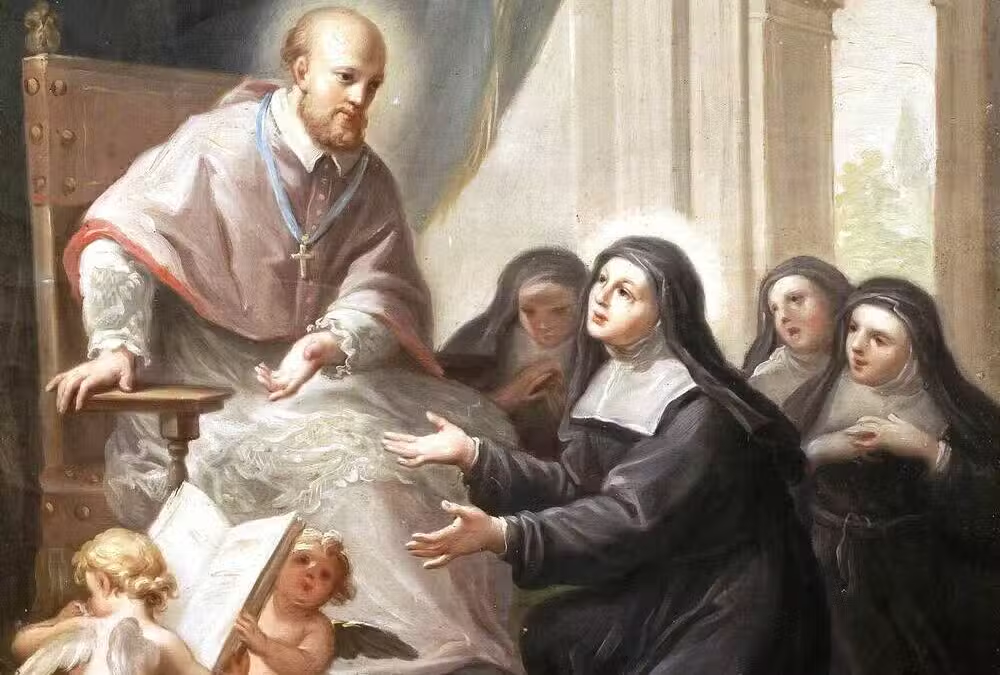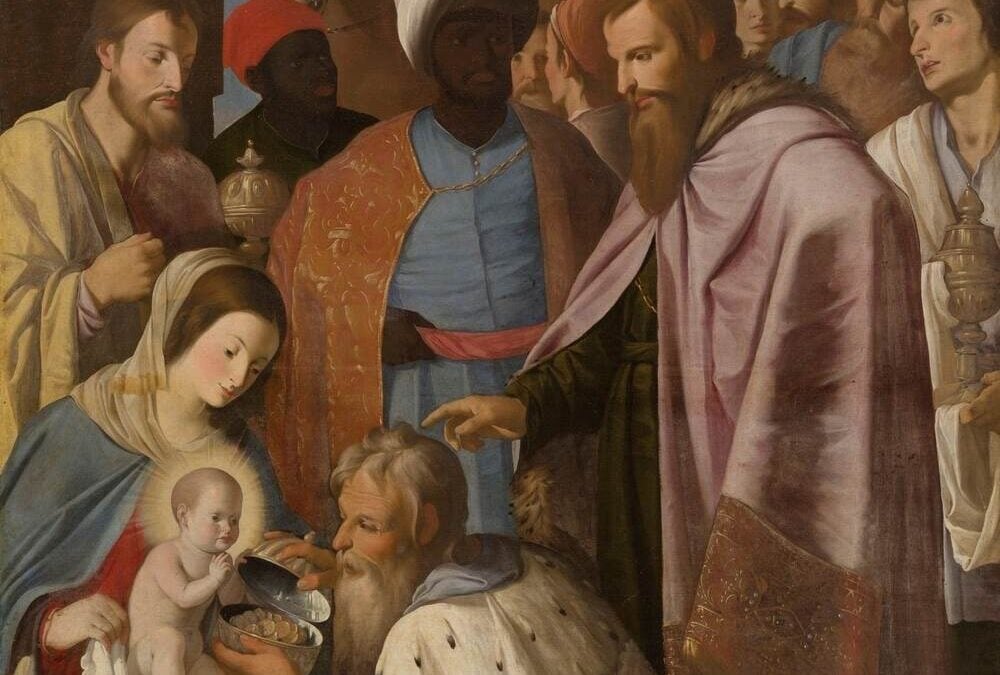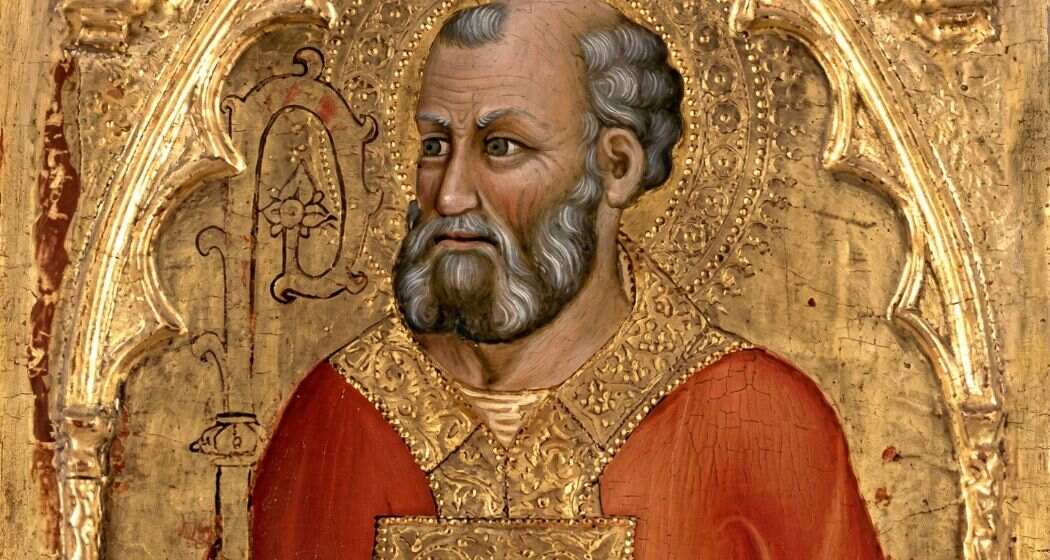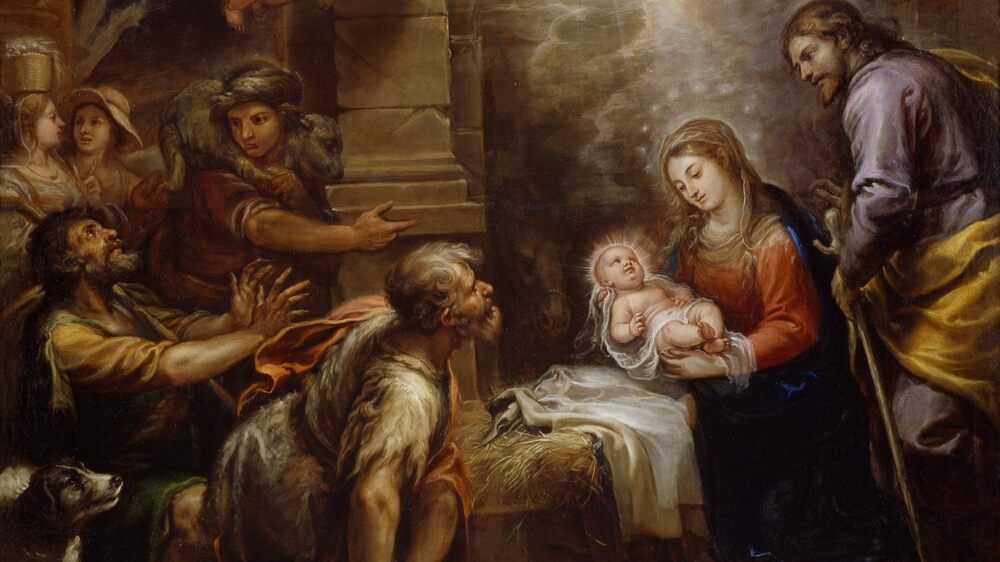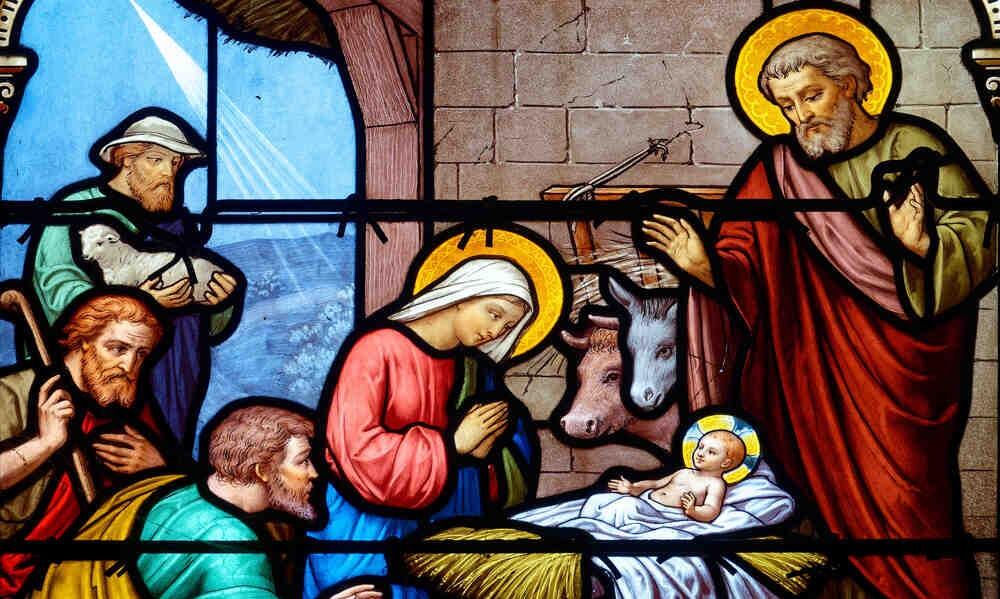Every May 1st, while the world celebrates Labor Day, Catholics turn our gaze to Saint Joseph the Worker, patron and model of all workers.
It is no coincidence that the Church chose this date: it wanted to give a deeper and more Christian meaning to the dignity of human work. Through the figure of Saint Joseph, the humble carpenter of Nazareth, work is shown not as a mere necessity but as a participation in the redemptive work and a means of sanctification.
In this article, we will explore the history of this feast, the role of Saint Joseph as the patron of workers, the Church’s doctrine on work, and conclude with a series of prayers entrusted to Saint Joseph the Worker for employment.
You can use the Catholic Mass Times app to find the nearest Catholic church with Mass, Confession, and Adoration schedules. It will surely help you! Download it now.
1. History of Labor Day
The feast of Saint Joseph the Worker was solemnly instituted by Pope Pius XII on May 1, 1955. During a speech to the Catholic Association of Italian Workers, the Holy Father stated:
We want the humble worker of Nazareth, who personifies before God and the Church the dignity of human labor, to be especially venerated by workers throughout the world.
At a time when materialistic ideologies sought to appropriate the worker’s ideal, the Church wanted to reaffirm that work has a sacred root and finds its purest expression in Saint Joseph.
Thus, Labor Day acquired a higher meaning for Christians: not just a day of labor claims, but an occasion to remember that all human work is a vocation and collaboration in the divine work.
2. Saint Joseph, Model of Workers
Saint Joseph, the adoptive father of Jesus and husband of Mary, was chosen by God for a grand and silent mission. He did not perform miracles or give speeches. He sanctified his life and his home through constant, humble, and obedient work.
As Saint John Paul II teaches in his exhortation Redemptoris Custos:
Work was for Saint Joseph an expression of love, with which he exercised his mission in the service of Jesus and Mary.
Saint Joseph represents the dignity of daily work: he built, repaired, worked in silence, offering each day as an act of love to God. In him shine the virtues that every Christian worker is called to imitate:
-
Humility: He did not seek human recognition, but to fulfill God’s will.
-
Fidelity: He worked tirelessly to support the Holy Family.
-
Patience: He knew how to wait, trust, and persist, even in difficult times.
-
Justice: He treated everyone with fairness and honesty, as Matthew 1:19 teaches: “Joseph her husband, being a just man…”
Through his example, Saint Joseph shows that work not only dignifies but can be a sure path to holiness.
3. What Does the Church’s Social Doctrine Teach About Work?
The social doctrine of the Church, especially in documents such as Laborem Exercens by Saint John Paul II, teaches us that human work possesses an inalienable dignity:
Work is for man and not man for work.
Work should not enslave or dehumanize, but perfect man in his vocation as a child of God. Since Rerum Novarum by Leo XIII (1891), the Church has firmly defended workers’ rights, proclaiming that work has both an economic and spiritual dimension. Leo XIII says:
Work, insofar as it is exercised by the human person, rises above its purely material value and becomes something truly noble.
Benedict XVI, in Caritas in Veritate, emphasizes that:
Work is a fundamental and original human activity that must be protected and dignified.
Therefore, fair work, well done and offered to God, is not only a means of sustenance, but also a way of apostolate, expanding the social reign of Christ.
4. Prayer to Saint Joseph the Worker
With a trusting heart, we can raise our plea to Saint Joseph the Worker, asking for his intercession and protection:
O Saint Joseph,
Patron of the Church,
You who, alongside the Incarnate Word,
Worked each day to earn your bread,
Finding in Him the strength to live and work;
You who have felt the anxiety of tomorrow,
The bitterness of poverty, the precariousness of work;
You who show today the example of your figure,
Humble before men,
But greatest before God,
Protect workers in their harsh daily existence,
Defend them from discouragement,
From negative revolt,
As well as from the temptation of hedonism;
And guard the peace of the world,
That peace which alone can guarantee the development of peoples. Amen
You can also pray these 4 Prayers to Saint Joseph to Urgently Find Work and 5 Miraculous Prayers to Find Work.
You can use the Catholic Mass Times app to find the nearest Catholic church with Mass, Confession, and Adoration schedules. It will surely help you! Download it now.
Celebrating Worker’s Day from the perspective of faith means looking at the humble carpenter of Nazareth and remembering that human work is not a punishment, but a gift and a path to sanctification.
In Saint Joseph, we find not only a powerful protector but a mirror of what man is called to be: a silent, persevering, just, and God-filled worker.
May we discover in each workday, in each daily effort, the divine love that transforms even the smallest tasks into eternal works.
Under the protection of Saint Joseph the Worker, let us renew our commitment to work with honesty, joy, and hope, knowing that every labor done out of love is a treasure in Heaven.
Why are Worker's Day and Saint Joseph the Worker celebrated on May 1st?
The Church instituted the feast of Saint Joseph the Worker on May 1st to offer a Christian meaning to Worker’s Day. In 1955, Pope Pius XII wanted to present Saint Joseph as a model and protector of all workers, highlighting the dignity of human work in the face of materialistic ideologies.
What virtues of Saint Joseph are highlighted as a model for workers?
Saint Joseph is an example of humility, patience, fidelity, and justice. He lived his vocation as a father and husband by sanctifying his daily work, showing that every profession, carried out with love and dedication, can be a path to holiness.
What does the Church teach about the value of work?
The social doctrine of the Church teaches that work has an intrinsic dignity. According to Laborem Exercens by Saint John Paul II, work is participation in God’s creative work and a means for personal fulfillment and the common good. It should not be an end in itself, but always be at the service of man and his dignity.
What Legacy Has the Devotion to St. Joseph the Worker Left in the Church?
His life of service and powerful intercession have motivated generations of the faithful to honor him through the construction of magnificent shrines around the world. These places are a testament to the Church’s devotion to the saint and the many miracles attributed to his help.





